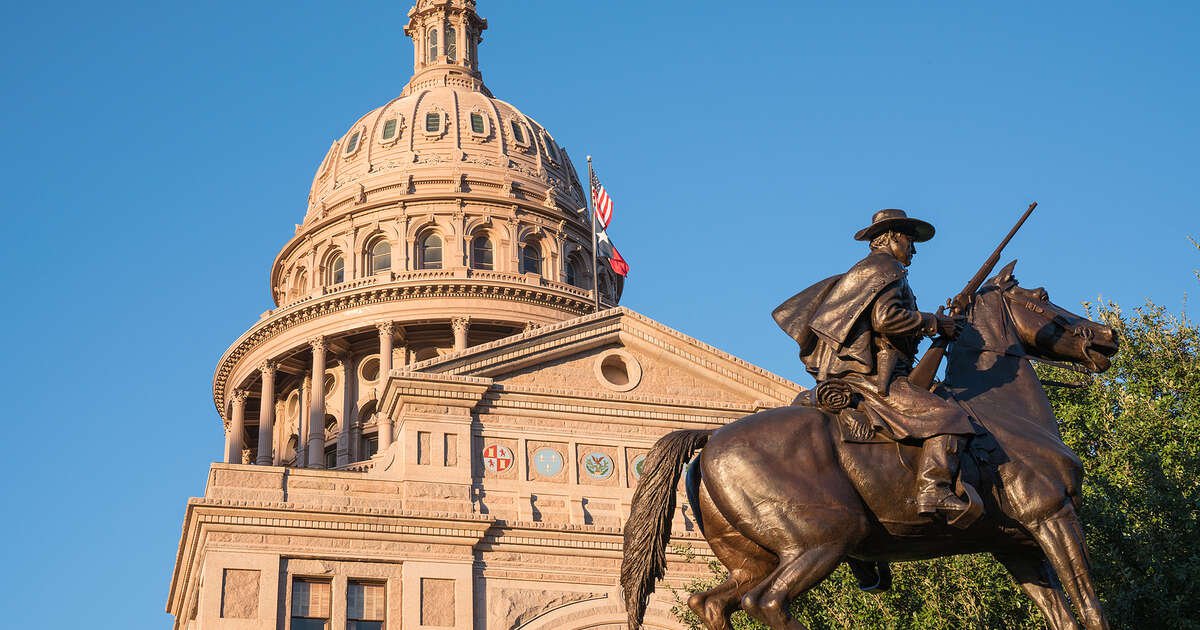On October 28, the Philadelphia District Attorney sued Elon Musk and his political action committee over the flamboyant billionaire’s controversial sweepstakes, which offers a $1 million in daily prizes to registered swing state voters who sign a petition pledging to support the First and Second Amendments to the Constitution.
Most legal experts have focused on the sweepstakes as a potential violation of U.S. election law, which prohibits individuals from paying money in exchange for voter registration, along with paying citizens to cast their votes. The Philadelphia DA instead has alleged that the sweepstakes violates Pennsylvania’s law prohibiting private lotteries.
To understand how this litigation might play out, and how its eventual resolution might affect the many other sweepstakes that are routinely conducted with marketing campaigns, it is first necessary to understand the legal distinction between lotteries and sweepstakes.
Lotteries vs. Sweepstakes
A lottery is a game of chance in which players purchase tickets for a chance to win a cash prize awarded to whoever holds a ticket that matches a series of randomly drawn numbers. By prohibiting or otherwise regulating gambling, state governments have granted themselves the exclusive right to conduct lotteries, and utilize the profits generated from ticket sales to support education and other causes.
A sweepstakes is similar to a lottery, in that it is a game of chance in which players are awarded prizes based on some type of random selection process. The main difference between a legal sweepstakes and an illegal lottery is any type of consideration requirement. Unlike lotteries, which require participants to purchase a ticket to qualify for the prize, sweepstakes cannot require any type of consideration to participate.
“Consideration” in this context is not necessarily limited to an entry fee requirement. In addition to money, the expenditure of substantial effort or time by participants would also qualify, as would other detriments a player may be required to undertake, such as donating to a charity, or completing and delivering a coupon.
Pennsylvania v. America PAC and Elon Musk
In his Complaint, Philadelphia District Attorney Larry Krasner argues that the sweepstakes constitutes an illegal lottery because entry requires a form of “consideration.”
While the Elon Musk sweepstakes doesn’t impose an entry fee, it does require would-be consumers to complete a form and provide their personal information, including first and last name, email address, mailing address, and cellular number, to America PAC as part of the entry process. Entrants are also required to make a political pledge by signing a petition pledging support for “the Constitution, especially freedom of speech and the right to bear arms.”
Standing alone, the argument that requiring entrants to provide certain elements of personal information qualifies as “consideration” seriously stretches the boundaries of how courts have interpreted that term in the past. After all, virtually every sweepstakes promotion requires entrants to complete a form that includes their name and contact information. If nothing else, that data is required to notify potential winners, so if the court winds up ruling that requiring entrants to provide this type of information alone qualifies as consideration, it threatens to effectively transform all sweepstakes into illegal lotteries, at least those conducted in Pennsylvania.
However, the Complaint includes additional allegations to bolster the consideration argument. According to the Complaint, a winner must also agree to become a spokesperson for America PAC, an additional requirement not disclosed in the posted rules, which also apparently say nothing about the odds of winning or how winners are selected, nor do they provide any information about how and when winners will receive their prizes, which are all required under applicable statutes.
The Complaint also questions the random nature of the winner selection process, based on the fact that certain winners were apparently selected based on their attendance at a Trump rally, rather than being chosen out of a pool of qualified entrants.
The Bottom Line on Elon Musk Sweepstakes
Following a hearing on Monday, November 4th, Philadelphia Judge Angelo Foglietta declined to issue an injunction blocking the $1 million Elon Musk sweepstakes, without providing a specific reason for the decision, although he did say that a more detailed ruling would be forthcoming. The fact that the issue will become moot following Tuesday’s election may have had something to do with it.
However, Musk may still have to answer for the sweepstakes in federal court, as the Justice Department reportedly sent a warning letter to America PAC noting the giveaway may run afoul of federal law.
One thing is certain: any company that conducts sweepstakes should be aware of certain aspects of the promotion might potentially transform it into an illegal lottery, and ensure that any problematic aspects are corrected beforehand.



